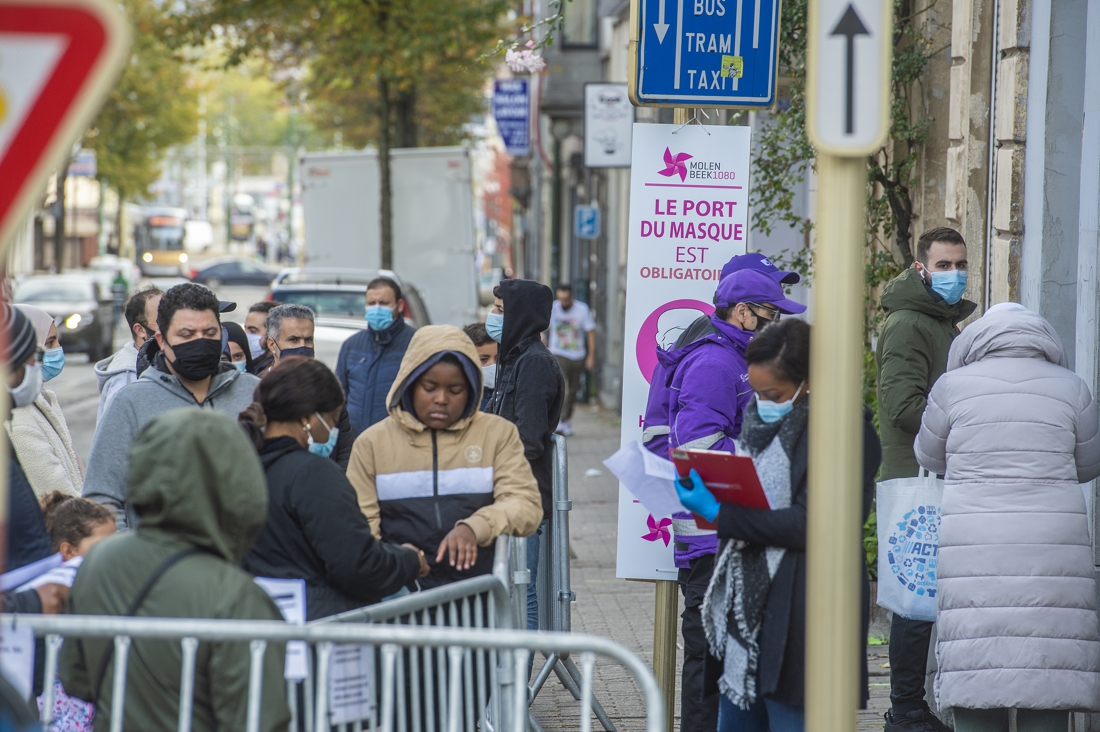Ludwigshafen (dpa / lrs) – The corona crisis and weak demand from the auto industry continue to burden the business of the chemical company BASF. “The corona pandemic is still a major challenge for all of us,” said CEO Martin Brudermüller when he presented the figures for the second quarter on Wednesday in Ludwigshafen. In view of the persistently high level of uncertainty regarding economic development, BASF is still not setting any targets for 2020 as a whole.
The company does not expect any significant improvement in earnings before interest and taxes (EBIT) or special items in the current third quarter compared to the second quarter of the year. BASF justified this with generally lower demand in August and the seasonality of the agricultural business. The Dax group had already presented key data for the second quarter.
In the period from April to June, as already known, sales shrank by twelve percent compared to the previous year to 12.7 billion euros. The group attributed this primarily to a slump in demand from the automotive industry. In contrast, things went better for BASF in the business with flavor ingredients, pharmaceuticals and human nutrition. The crop protection products and seeds sectors also developed somewhat better.
The bottom line was that the shareholders of BASF suffered a loss of 878 million euros due to depreciation on the Wintershall Dea stake as a result of the oil price slide. A year ago, thanks to a book profit in connection with the amalgamation of the oil and gas business of the subsidiary Wintershall with rival Dea, there was still a big plus of almost six billion euros.
Even with the planned reduction of thousands of jobs, the company is feeling the effects of the corona pandemic. “We said that we want to cut 6,000 jobs worldwide by the end of the year. But the target is challenging in the current economic environment,” said Brudermüller. “If the labor market as a whole declines, this will of course be treated more carefully by the employees.” In 2019, the company had already cut 3,100 jobs worldwide.
BASF refrained from compulsory layoffs, said Brudermüller. “The company makes an offer and the employee accepts it or not. We have already signed a large number of contracts here.” In the first half of the year, around 250 jobs in Ludwigshafen and around 850 worldwide were cut. Retirement and fluctuation are also instruments with which the workforce can be controlled. “That is why, like other companies, we have a very restrictive hiring policy. Actually, we hardly hire anyone, except in specific cases.”
– .


